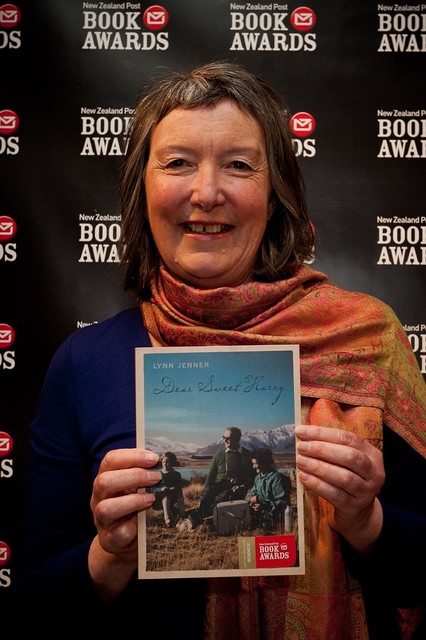It turns out to be enormous fun!
By the time I finished Kermode's The Sense of an Ending, I was despondent, because it had been such hard work, and I thought that I'd probably missed or misunderstood some of the concepts altogether. Kermode wrote for the initiate, and I am not among them. He assumes a literary literacy I do not have. So I have to work hard at it, thankful that the Net and Wikipedia are at my fingertips. I was straining, though it was a pleasurable effort.
As I started to read Barnes' The Sense of an Ending again, the despondency said that in all probability I would miss what he was on about because I'd had so much trouble with Kermode. Barnes' book is divided into one short chapter and one long (twice as long) chapter. The first is about the past - youth - and the second takes place in the present, with flashbacks based on documentation and reminiscences.
The very first paragraph is indeed about looking back, about memory, which is what the women in my friend's book-group had said.The last sentence qualifies the list of events which are remembered: what one remembers is not necessarily what was witnessed.
The list provides an example of the way the human mind works, described by Kermode as follows: "When we survive, we make little images of moments which have seemed like ends; we strive on epochs." (p. 7)
Looking at it again, I realise that despite the character - called Tony Webster - prefacing the list with the statement that the items are 'in no particular order', the events are listed in exactly the order in which they occurred. This contradiction is typical of Tony, of his unawareness of himself and the way in which he says things without thinking about them.
All the images have to do with fluidity - a metaphor for time - and motion and with sex. The shiny inner wrist is linked (we later find out) to wetness and to an up and down motion. The steam rises from the wet sink as the hot frying pan lands (downward) in it. The sperm is sluiced down the full length of a tall house, the river rushing upstream, the other river flowing one way while the wind blows in the other, 'exciting the surface'. There is more - to do with sex and circularity - heat, wetness, watch, fryingpan, plughole, torches - but this is getting into minutiae.
Still on the first page of Barnes' book, the second paragraph starts with what I by now think of as a Kermodian sentence: "...time holds and moulds us but we do not understand it very well". Barnes refers to the tick tock of time passing. This is an expression of Kermode's: between the tick and the tock is a discrete interval to which we can give meaning, which enables us to create a pattern, reducing the anxiety we may experience when faced with infinity.
Kermode writes about the tick and tock of the Bible - of course it is the Christian Bible he means - which starts In the beginning... and finishes with a vision of the end - Apocalypse. With the development of scientific knowledge, our model of the beginning and ending of our world is drastically changed - both recede into infinity. How to represent this accurately in a novel?
Kermode refers to Gwen Harwood's poem The Barn Owl, which is also in Barnes' book - a way for Barnes to refer both to death and to himself. (The owl dies a fearsome painful death.) He slips in a mention of himself elsewhere as well, as the (invented) 'French philosopher Patrick Lagrange' - grange being barn in French. This is mentioned in a wonderful interview with Eleanor Wachtel of CBC.
Having finished Barnes' The Sense of an Ending - this time with a feeling of completeness, though much remains obscure - am slowly re-reading Kermode again. My copy of Barnes has been lent to a friend in need and so I now can't compare the texts as I go. I feel less driven to do so than I was.
I've had the time to research the terminology and it is easier to understand, though the reading remains a slow business. Also rediscovered the wonderful Henry James quote about comical fatuous endings of the kind common in Hollywood movies:
"...a distribution at the last of prizes, pensions, husbands, wives, babies , millions, appended paragraphs, and cheerful remarks".In the process of reading Kermode, it occurred to me that I should change what I write, in a particular way. The thought was there, and then it left. I have an obscure sense of what it was but am not sure. This could be the most rewarding aspect of the whole effort. I have learnt that though I sometimes don't know why certain things seem important - such as the analysis these two books in relation to each other - the inclination is to be trusted and followed.
This being the seasons for gifts, books have accumulated, waiting to be read.
Update: read a review of this book which said that connections to Philip Larkin were everywhere.
You can read my first post about the Sense of an Ending here.

